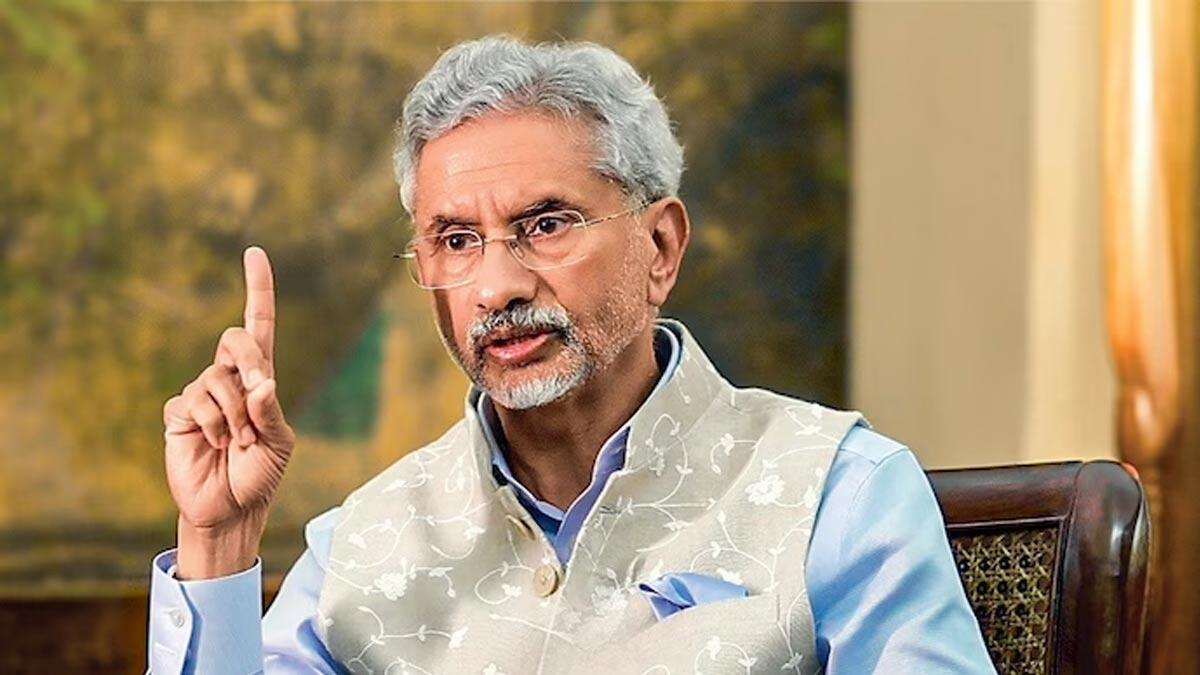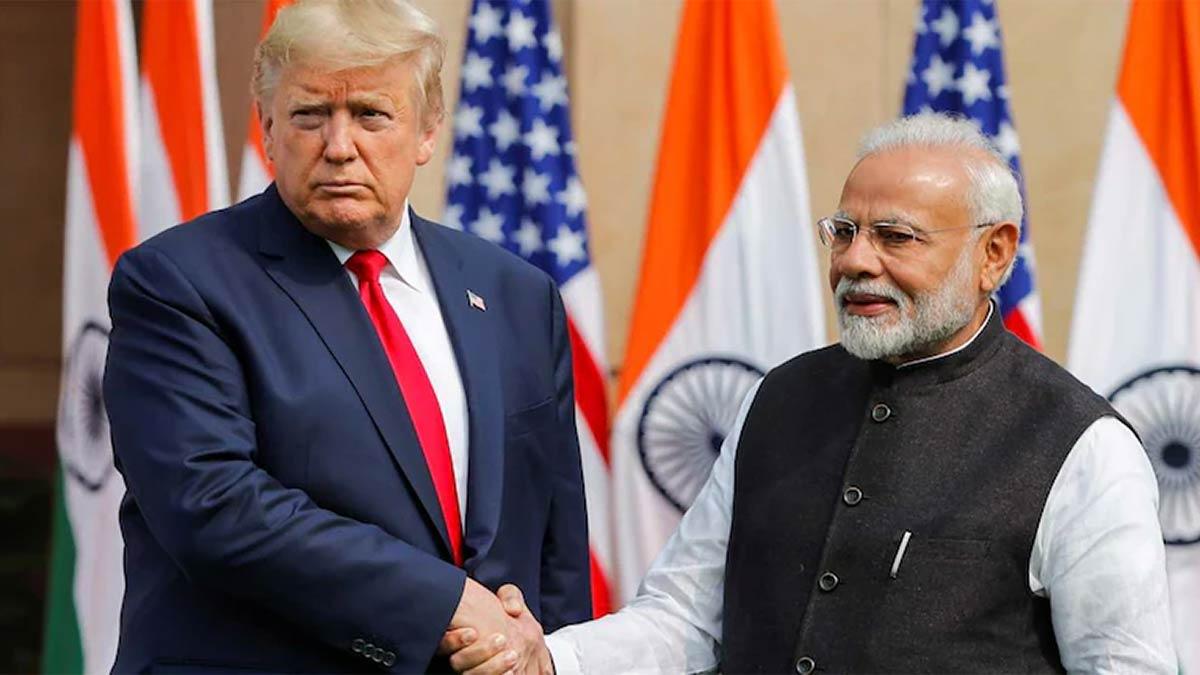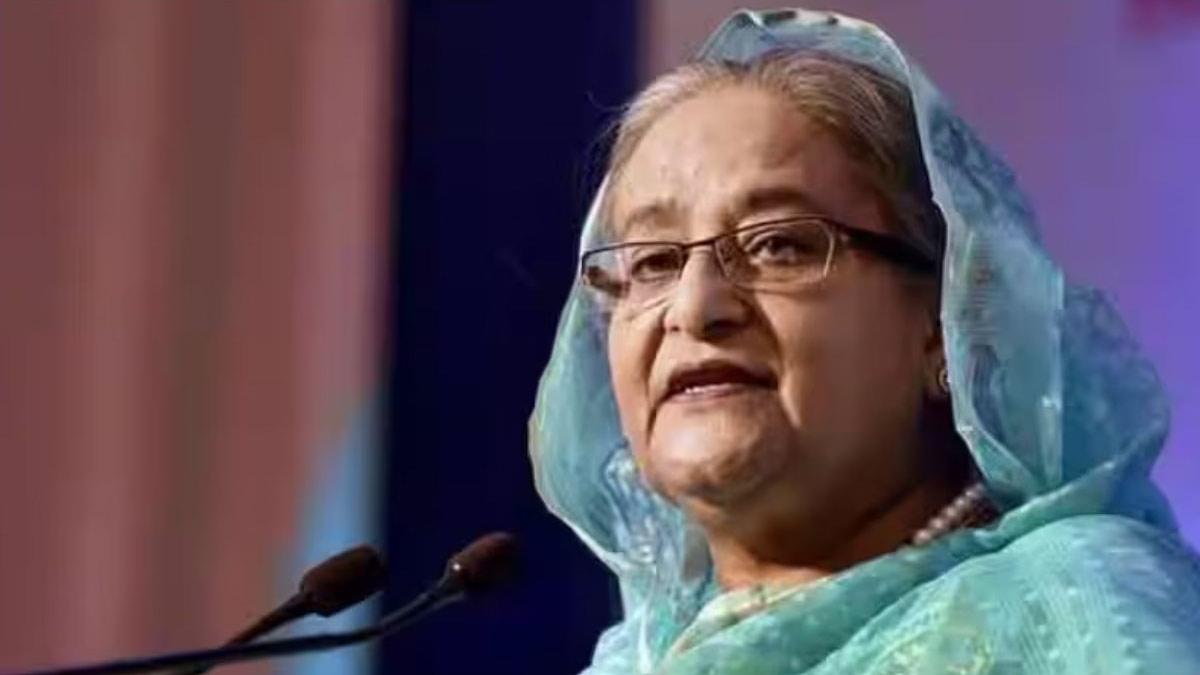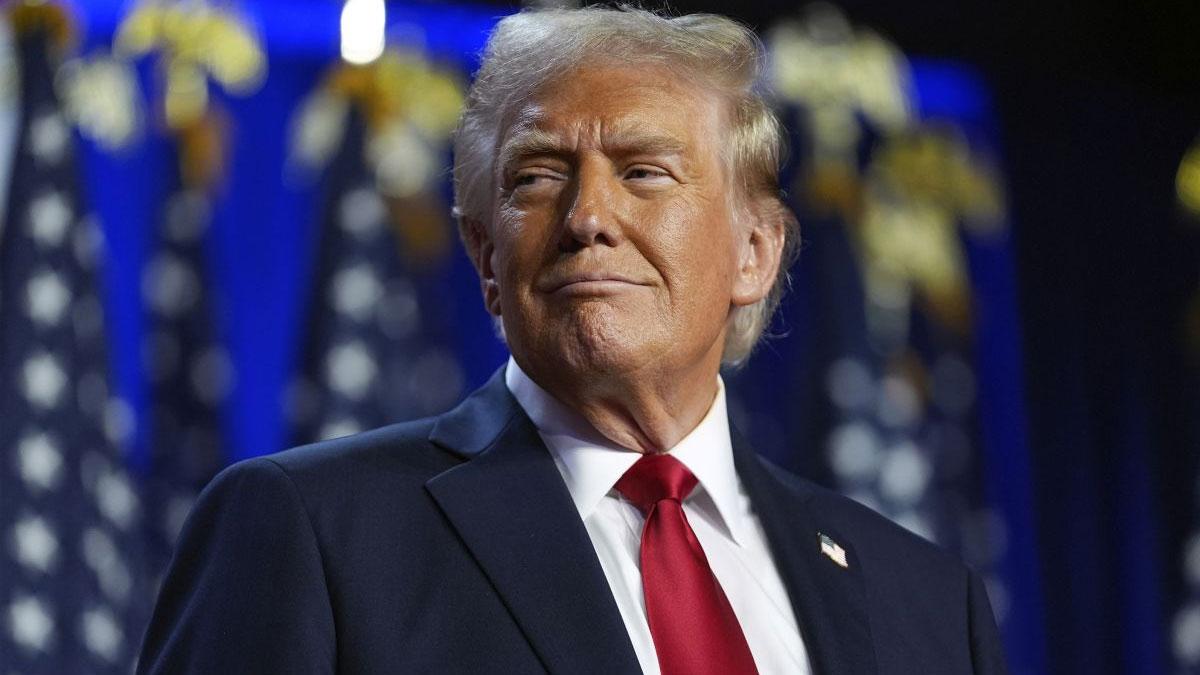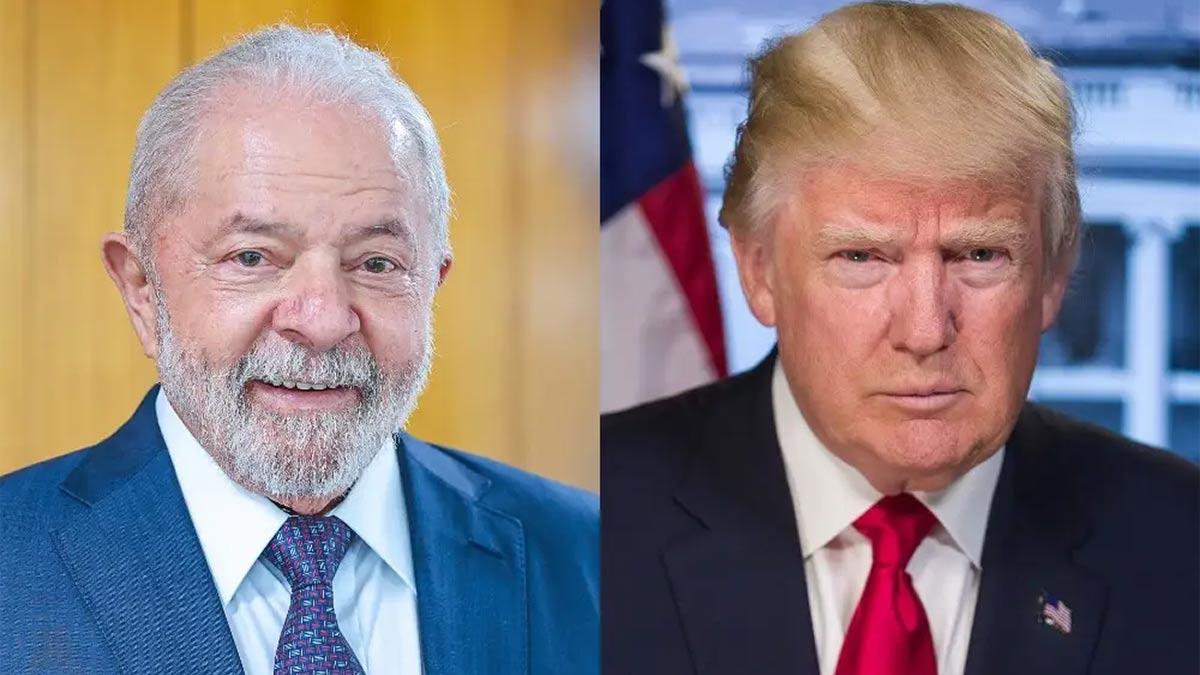India pressed the case for immediate UNSC reforms in the SCO Council of Heads of Government, a body that met in Pakistan on Wednesday. As he addressed the gathering in Islamabad, External Affairs Minister S Jaishankar highlighted the imperative for "reformed multilateralism" while pushing for the SCO to take the initiative toward such a process. Such an important matter should not be postponed, he added.
Jaishankar underlined that the Security Council must be more representative, inclusive, transparent, efficient, and democratic and added, "Comprehensive reform of the UN Security Council, both in the permanent and non-permanent categories is crucial." Representativeness needs to improve, particularly from the developing countries. In this regard, the secretary-general reminded the assembly, "I remind you that we agreed back in July 2024 at Astana that the credibility and effectiveness of the UN depend on ensuring the representation of developing countries through comprehensive reform".
India has long made a claim for a permanent seat at the UNSC but has been blocked due to some current members' reservations. In addition to the move to restructure, Jaishankar also presented several international and domestic initiatives in line with what SCO is trying to achieve:.
He mentioned, firstly, the International Solar Alliance towards renewable energy and the Coalition for Disaster Resilient Infrastructure toward climate change challenges. "Mission LiFE calls for a sustainable lifestyle. Yoga practice and millet promotion have a differential impact on wellness and on the environment," Jaishankar observed. He also threw emphasis on India's work as member of the Global Biofuel Alliance or the initiative toward facilitating the transition to energy and the International Big Cat Alliance working to conserve biodiversity.
On the domestic front, Jaishankar points to key Indian digital public infrastructure steps and emphasis on women-led development. On another front, he confronted Pakistan in very strong terms over cross-border terrorism by tagging the trio of "terrorism, extremism and separatism" as the "three evils" against cooperation.
If such activities across borders are characterised by terrorism, extremism and separatism, it is hardly likely to encourage trade, energy flows, connectivity and people-to-people exchanges in parallel, the minister concluded.
Read also| S. Jaishankar Strolls at Indian High Commission in Pakistan, Plants Arjuna Sapling
Read also| EAM Jaishankar Flags Concerns Over Terrorism and Extremism at SCO Meet in Islamabad

